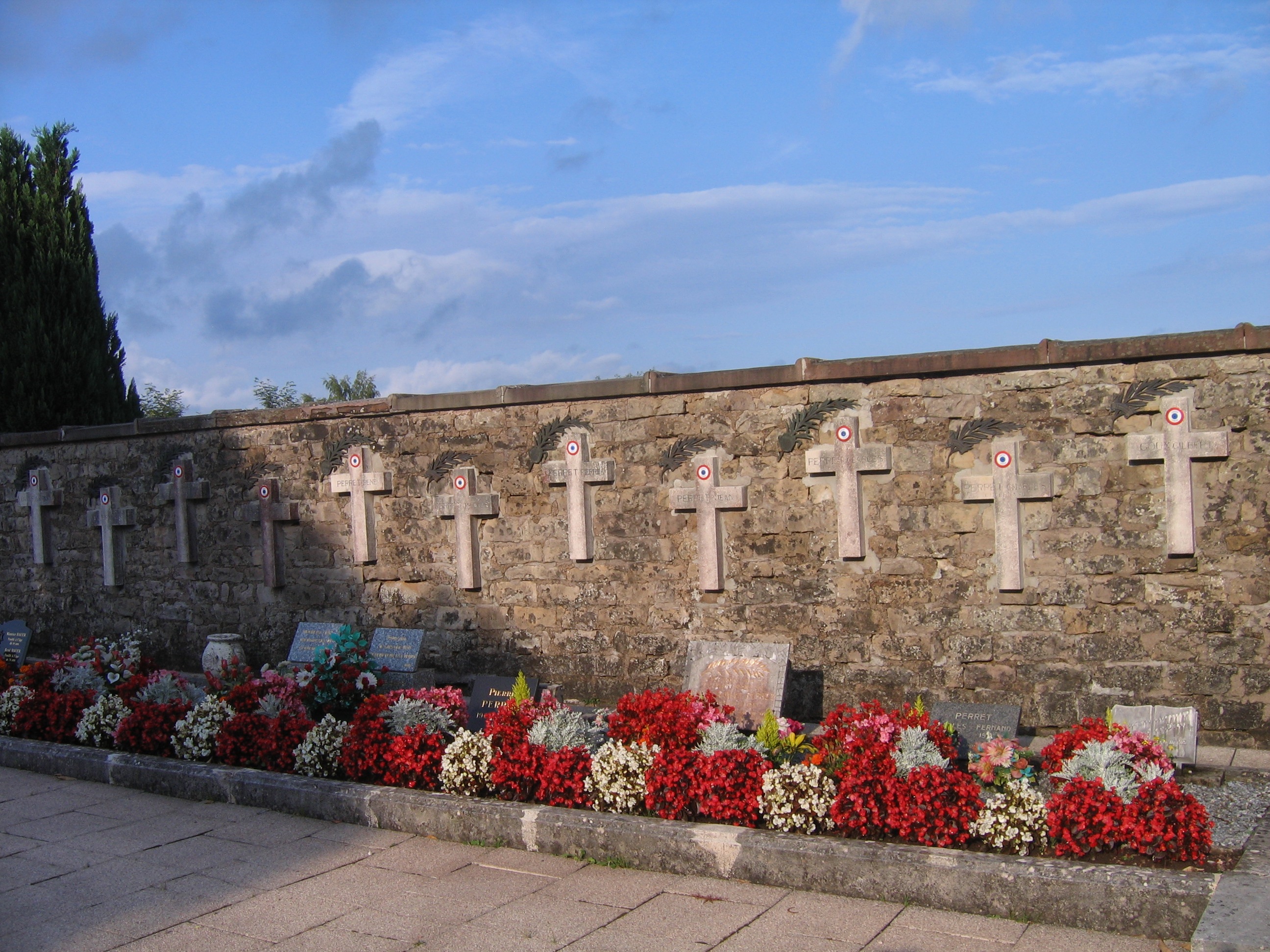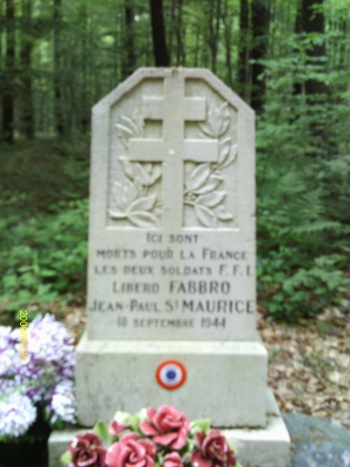The Battles Begin
The maquis of Etobon had successfully hidden the escaped POWs for three months. They had established semi-permanent camps and had welcomed several gendarmes or national police who had left their posts in Héricourt, Champagney and Ronchamp. They had been on the fringes of battles between German patrols and other maquis groups from the other villages of the woods. According to Jeanne, who had been a young woman in nearby Couthenans at the time, the maquis of Etobon were becoming too self-assured, too complacent. Even Jules Perret writes that them Etobon maquis are not being careful enough, and are becoming too well-known.
In late August, after Paris had been liberated and General DeGaulle returned to the capitol, the maquis were arming themselves for a real fight. There was a constant stream of German troops and French refugees along the roads leading east. The Franc-Comtois expected their liberators to arrive any day. A battle took place on September 4 near Clairegoutte, and the Etobonais took their few guns and sparse ammuntion to join in, but saw no fighting that day.
September 6, the men of Etobon were called to arms at 4:30 a.m. They were been ordered to attack a German convoy near the Ban de Champagney. In the fighting, a German officer and several German soldiers were killed. Jules Perret reports that someone brought the German officer's cap back to Etobon, and that the children played with it until Perret took it away and burned it.
The next day, September 7, the Etobonais attacked another convoy, capturing supplies and killing German soldiers. They took a German soldier prisoner and sent him off to be fed and have his wounded hand tended to. In retaliation for the attacks, the Germans fired on Isaac's Mill, one of the maquis camps. Five French were killed and two were wounded.

 Katherine Douglass
Katherine Douglass